I like to begin this series with a passage from a work of fiction I’ve read that evokes something of places and how we inhabit them. Here’s one from a short story, “The Ukraine”, by Artem Chapeye—read by W.C.
When the bus stopped on the highway north of Rivne and in climbed an old woman whose sheepskin coat smelled of hay and cows, the people turned up their noses, not appreciating that this old woman was, in fact, the Ukraine. The official folk kitsch—that stereotypical woman with ribbons flowing from her hair, holding bread and salt on a traditionally embroidered towel—is a fake, but that dilapidated mosaic at the entrance to the village, depicting a Ukrainian woman with ribbons in her hair—only she’s missing an eye—now, that’s the Ukraine. The Ukraine is also the romance of decline. The unfinished concrete building on the outskirts of Kamianets-Podilskyi. The bottomless, purple-green lake in a submerged quarry in Kryvyi Rih, which you’re looking at from a tall pile of bedrock, fearfully watching as a single minute swimmer slowly does the breaststroke, holding himself up above the lake’s impossible depth on the treacherous film of the water’s surface.
And a recent conversation here with Chapeye that takes in the latest developments in his home country, where he is also now serving in the Ukrainian Army: “This is quite surreal. In one reality, you’re a private (the lowest rank) in the Army. In another, you’re answering questions for The New Yorker. And these realities just don’t intersect”.
Friends & familiar strangers,
You may have noticed that I’ve downsized Landmarkings since the last edition. Curation takes more time than one might think, and I’ve decided to keep this series leaner in order to keep it going.
In an attempt to be somewhat comprehensive, I used to include reads here on what I considered newsworthy happenings from around the world, but from now on, you can follow me on Twitter for occasional tweets for that. Here, I’m going to focus mainly on essays and journalism that I simply find a pleasure to read or that explain a particular phenomenon—guided by the desire, essentially, to learn about the lived experiences of different people in different places; you may also notice that I have a certain fondness for what a friend, Rebecca Chew, once described as “the absurd”. In truth, I’m also attempting to narrow my thought landscape a little more this year to focus on deeper work, and I’m hoping this little shift will help.
Meanwhile, I’ve been glad to be back home in Malaysia amid all its teeming green. Even the scattered protrusions in the spaces between mammoth towers of concrete in Kuala Lumpur have a dense wildness to them that is invigorating to the spirit, even as I have to adjust again to a city made more for driving than walking. I should have more for you from here, in my always deeply felt but never completed mission to see my home with new eyes, but I’ll keep this note short for now, with just two photos from a recent trip to the island of Langkawi.
Enjoy reading ❤️
Making sense of the world & our place in it
Piecing Together the History of Stasi Spying, a photo essay by Annalisa Quinn and Mustafah Abdulaziz, as part of NYT’s Surfacing series:
First the researchers cut the sacks lengthwise, careful not to disturb the jumble of torn paper inside. Then they go through the bags loosely, pulling out food scraps, trash or anything else mixed in during the chaotic rush to destroy evidence.
They are working to reassemble, scrap by scrap, some 40 to 55 million pieces of paper that were torn up and stuffed into sacks by the East German secret police in the final days of the German Democratic Republic.
Can India clean up its holiest river? It will take a village, by Laura Parker and Sara Hylton:
Yet even in the face of it, and of sometimes lethal counts of fecal bacteria, belief in the mythic purity of the Ganges endures—and it complicates long-running efforts to clean up the river. […]
“The river is really two rivers,” Sen said. “There is this belief that the river can clean itself and has magical properties. If the river can clean itself, then why should we have to worry about it? I have seen this. I have heard many people say the river cannot be polluted; it can go on forever.”
War Strands Ukrainian and Russian Tourists Together in Egyptian Resorts, by Vivian Yee and Laura Boushnak:
Egypt never stopped catering to Russians and Ukrainians, who once made up a third of visitors to the country and were starting to flock to Sharm again late last year. At resorts across Sharm, guests can find menus, signs and activities in Russian, which is also spoken by many Ukrainians. In the guest rooms, the TVs carry mostly Russian and Ukrainian channels.
Until two weeks ago, united by language, culture and history, the two nationalities vacationed in harmony. Then the Ukrainian channels started showing Russian forces destroying Ukrainian cities and firing on fleeing civilians, and the Russian channels started claiming that there was no war at all.
The Language of Your Fathers, by John Merrick:
At 18, I vowed to never look back. The act of leaving home offered a freedom from my past. As a teenager, I would sneak out of Crewe, to the nearby cities of Manchester and Stoke. Cities offered a sense of possibility. Like Baudelaire’s man of the crowd I was anonymous, able to be whoever I wanted to be. Yet there is a form of community that working-class towns like Crewe offer, one that provides a form of basic social safety net, however meagre that may appear from afar. Family and neighbours look after your kids for the evening, allowing a momentary respite from childcare, or help if you fall sick or unemployed. But to have this means the presence of an invasive surveillance, even if it is meant as a loving form of care. Community can be both freedom and subordination, often at the same time. Growing up, it was this sense that came to dominate. An often-overbearing feeling that I couldn’t escape, that I was being watched, observed, mapped, that what I was doing and when was known by all, that the communities that formed around my family were holding me back. It was this that came to define my relation not just to the town but also to those around me.
Mark Rayan Darmaraj, a Malaysian wildlife conservationist I spoke to recently for a story about the near-extinction of the Malayan Tiger, referenced the disappearance and reintroduction of wolves in America’s Yellowstone National Park as an illustration of how the presence or absence of tigers could affect Malaysia’s biodiversity and ecosystem. I had already been following that story trail with some interest, and here’s Paige Williams and Balazs Gardi with a recent longread: Killing Wolves to Own the Libs?
The extirpation was recognized as a mistake even as it was happening. In 1924, a naturalist at Yellowstone National Park, Milton P. Skinner, observed, “We need these predatory and fur-bearing animals alive and living their normal lives.” Balanced ecosystems require predators. Wolves can regulate the presence of coyotes, sparing many of the small mammals also eaten by hawks and bald eagles, and wolf kills feed a range of scavengers. Wolf packs keep ungulates agile and alert, and they cull herds of weak or diseased members. Skinner considered it appropriate for wildlife managers to kill “animals individually responsible” for attacking livestock, but advised against “declaring war against a whole species.”
From before the pandemic—For lonely men in Spanish towns, the ‘caravan of women’ brings hope of love, by Meg Bernhard and Angel Navarrete:
They have paid 23 dollars to ride on la caravana de mujeres, a private bus that takes single women from Madrid to small, rural towns for an evening of food, drink and dance with local farmers. […]
Three men lean against dusty trucks near the red-brick hotel where, a few hours later, there will be dining and dancing. Their sun-wrinkled faces are impassive as they stare at the women spilling into a tiny plaza, where they straighten their skirts, light cigarettes and take selfies in the fading daylight. The bus arrived about 7:30 p.m., earlier than expected, and most of the men are still at work in the surrounding farmland. They’ll come soon, the hotel owner assures the women. Everyone just has to wait.
Something to think about
Jack Shenker, in Meet the ‘inactivists’, tangling up the climate crisis in culture wars:
But there is now an even more powerful weapon in the inactivist armoury. It comes in the form of an appeal to social justice: one that casts environmentalists as an aloof, out-of-touch establishment, and the inactivists as insurgents, defending the values and livelihoods of ordinary people. “The biggest single threat to the net zero transition is a culture war-style backlash that heavily politicises this agenda and spooks governments into moving more slowly,” says Murray. “At present, it’s on the periphery. But as the past few years have taught us, ideas that were on the periphery can become very influential, very quickly.”
How we make sense of the world & tell its stories
To the Son of the Victim, by Sophie Haigney:
I’d moved to San Francisco just a few months before to become a “breaking-news reporter.” The romance of breaking news was that you were just thrown out there, learning on your feet, somehow transforming into a real reporter in the process. I had wanted this badly, all of it: the crime scenes and fires, the early-morning wake-ups and late-night phone calls. But it turned out I hated showing up on people’s doorsteps in the wake of disaster and death. One Friday, there had been reports of a hostage situation many miles north. While the details emerged online and over the radio, I did something unforgivable in the profession: I went to the bathroom, took deep breaths, and waited a few minutes until someone else was sent instead.
Kate Harris, author of Lands of Lost Borders: A Journey on the Silk Road, in a conversation with fellow travel writer Rolf Potts:
Is there anything left to exploration beyond grandiose, obsolete jargon, especially on a planet that feels, at times, so mapped and tamed? After all, exploratory “firsts” these days really only count in terms of landing the “explorers” lucrative gigs on the inspirational speaking circuit! But one job of literature is to make language mean again, and exploration at its idealistic heart is about setting off into the unknown, not in search of profit or power but truth or beauty. This is a beautiful impulse and one worth keeping alive in the world in some form, and words are how we keep ideas alive. So I wanted to celebrate that kind of longing in exploration and I also wanted to live it out myself, not just during my and Mel’s bike ride on the Silk Road, but forever, throughout my life. Exploring is an attitude, really, a quality of attention to the world around you. It’s also more of an art than a science, and like all art, creative and digressive and rebellious to the status quo. Exploration demands a refusal of all the usual maps: of the world, of how you’re told to live your one and only life.
Reimagining Magic City, by Erika Meitner and Anna Maria Barry-Jester:
How could we present something that’s long-term and large-scale dramatic, but harder to see in smaller daily moments, and almost impossible to photograph: raised roads in Miami Beach leaving sidewalks and storefronts below grade, or giant pumps that move water from the streets back into the Bay that simply look like large metal boxes? What language should we use to describe the paradox of a city in a time of sea-level rise, lying just feet above sea level, that’s also built on porous limestone—where rampant development means that multimillion-dollar waterfront houses and condominiums are still going up all along the shoreline?
Reader rolodex
As more of you join in here, I thought it would be nice to share what some of you have been tending to, professionally or personally. This issue, say 👋 to Fuad Alhabshi and his band, Kyoto Protocol—based in Kuala Lumpur—whose music inflects a varied mix of influences. Their latest music video:
And I leave you with…
As always, if you’ve been enjoying Movable Worlds, please share it and tell your friends to subscribe. Meanwhile, here are some very nice words from a reader (thank you, Abby!)—also a great journalist and editor:
“This looks so wonderful! (In fact, breaking my vow not to sign up for new newsletters for this one!) Everything Emily writes is stellar.”
—Abby Seiff
Until the next,


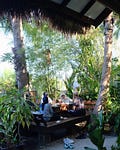



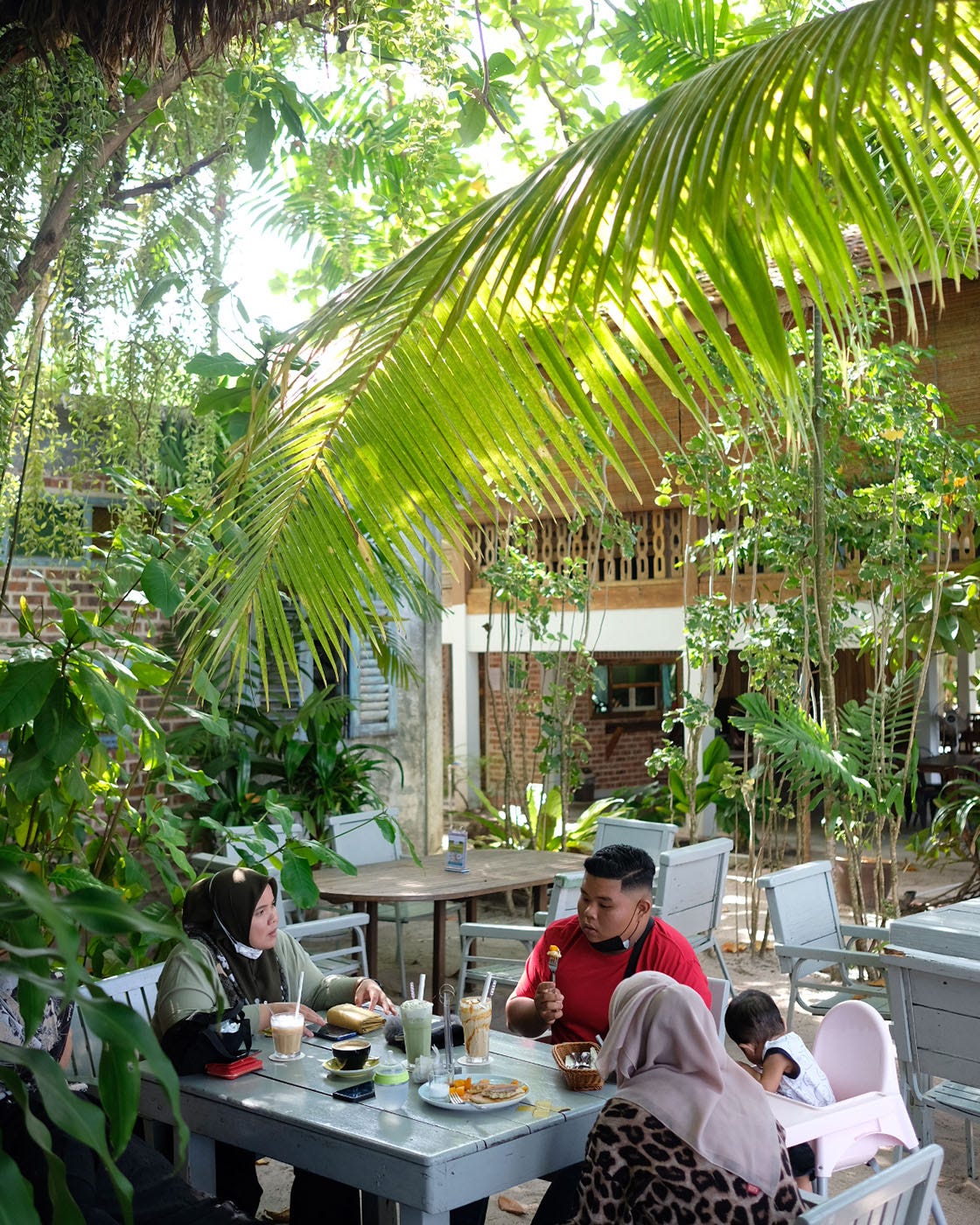

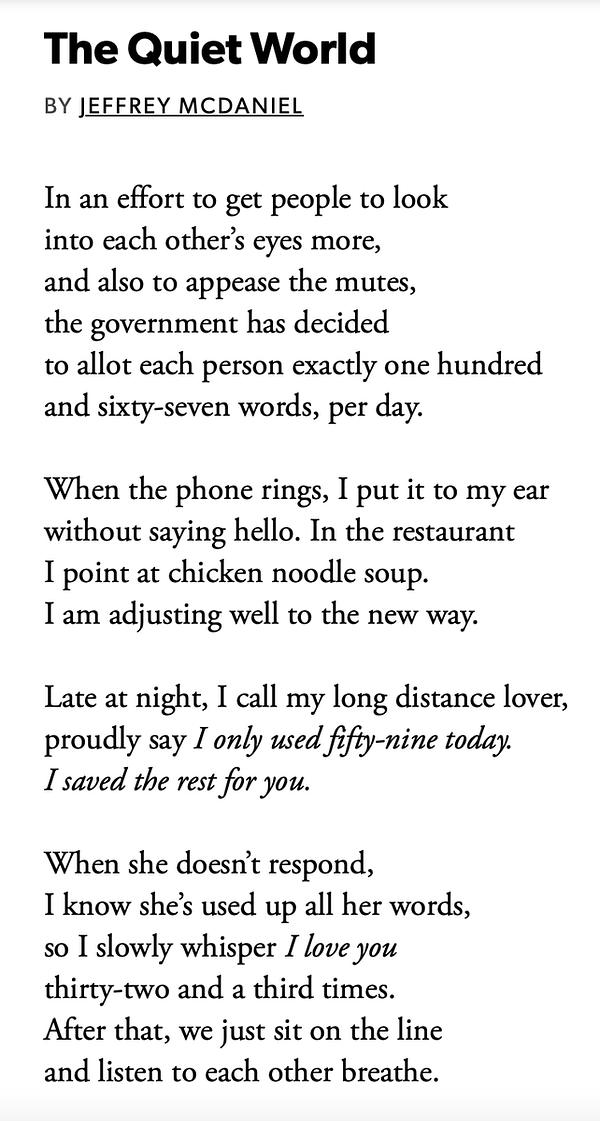



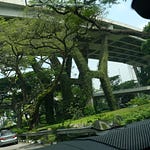
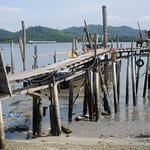
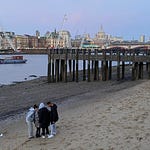
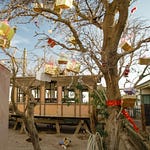
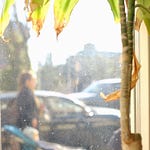
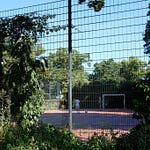
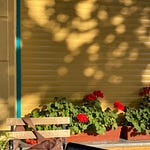
Landmarkings #11